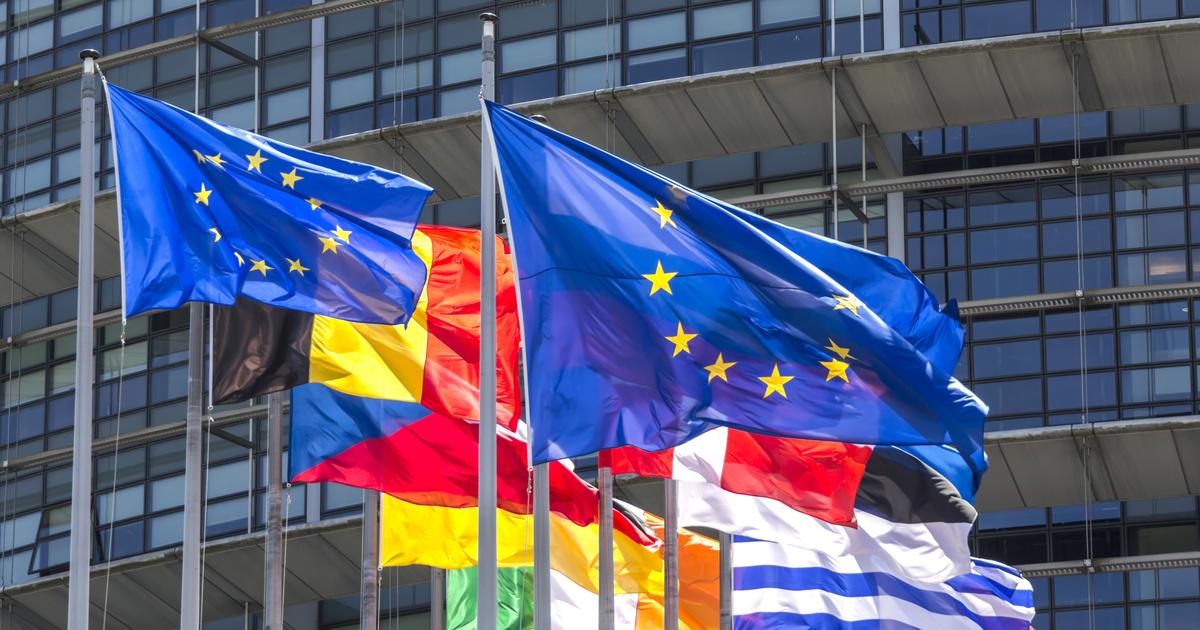
EU approves criticized free trade agreement with New Zealand
The volume of bilateral trade in goods between the two regions will reach 9.1 billion euros in 2022. Doganmisut / Stock.adobe.com
The agreement provides for the effective elimination of customs duties on kiwi, onions, apples, fish, wine and honey from New Zealand, as well as on limited quantities of cheese, sheep and beef.
A partnership that some consider strategic. The European Union on Monday gave the final green light to a free trade agreement with New Zealand that would give a boost to trade but is worrying environmental organizations and European farmers. The agreement will enter into force.”Maybe early 2024», once ratified by Wellington, indicates the Council of the European Union in a press release.
The European Union is New Zealand’s third largest trading partner, mainly exporting agricultural products including wine, fruit and meat to Europe. The agreement provides for the effective elimination of customs duties on kiwi, onions, apples, fish, wine and honey from New Zealand, as well as on limited quantities of cheese, sheep and beef.
In the other direction, tariffs will be eliminated on all European exports to New Zealand, whether industrial products (cars and vehicle parts, machinery and appliances, pharmaceutical products, etc.) or food (pork, wine, sparkling wine, chocolate, sweets, biscuits, etc.). The volume of bilateral trade in goods between the two regions will reach 9.1 billion euros in 2022.
French breeders and producers rebelled
According to Brussels, EU exports to the Pacific archipelago could increase by up to 4.5 billion euros annually. EU investments in New Zealand could increase by up to 80%. The European Commission insists that “Unprecedented commitments» Concerning the environment contained in this agreement, it ensures that imported food must comply with European Union standards.
French breeders and producers in particular were concerned about the arrival of meat or dairy products.Without having to comply with European production standards», citing the use of herbicides or pesticides that are banned in the European Union but are still used freely according to them in New Zealand.
In a recent announcement, some fifty organisations, including Friends of the Earth Europe, ATAC France, CGT, the Baissant Union and France for the Natural Environment, estimated that the agreement threatens “Increased harmful trade flows that can contribute to increased greenhouse gas emissions, reduced biodiversity, precarious employment, and exacerbated social inequality.“.
The European Union is also currently trying to finalize negotiations on another free trade agreement with Mercosur (Brazil, Argentina, Uruguay and Paraguay). It was concluded in 2019 but has not been ratified due to European concerns in particular about environmental policies, particularly Brazil.
” data-script=”https://static.lefigaro.fr/widget-video/short-ttl/video/index.js” >

“Reader. Travel maven. Student. Passionate tv junkie. Internet ninja. Twitter advocate. Web nerd. Bacon buff.”
